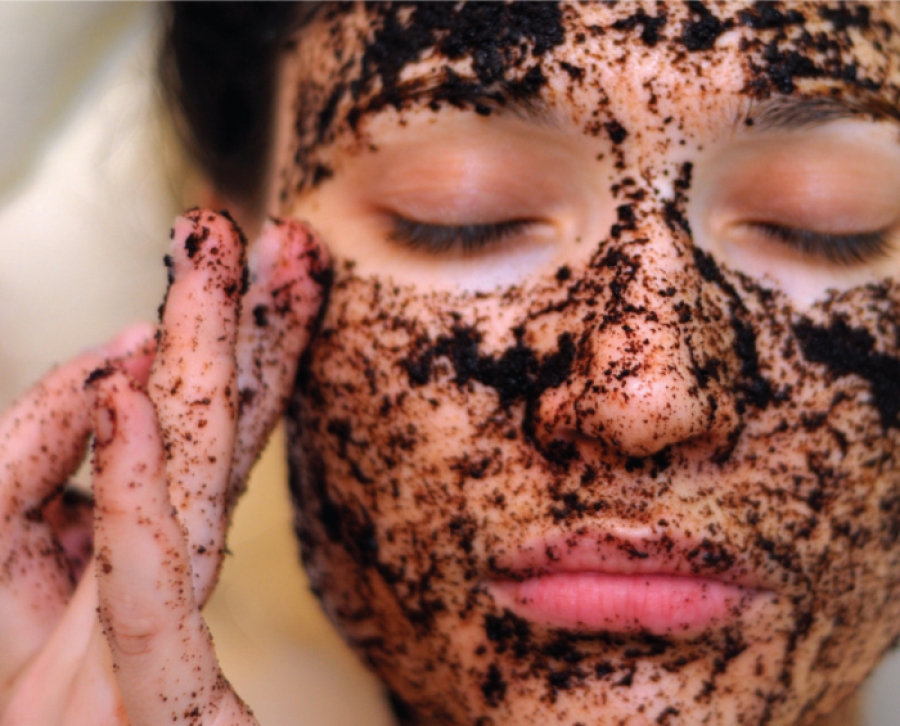Multi-Functional Antioxidant
Antioxidants are the cornerstones of preventive skin care, especially where signs of aging are concerned. Topical caffeine is a multi-functional ingredient that studies suggest has both primary and secondary antioxidant properties, thus neutralizing a variety of free radicals that cause premature aging. Furthermore, caffeine has been shown to enhance the benefits of other antioxidants, such as green tea, resveratrol, and vitamins C and E. Research suggests that orally administered caffeinated green tea inhibits UVB-induced free radical damage in the skin. Conversely, decaffeinated green tea resulted in substantially less inhibitory activity. Caffeine alone has shown a substantial inhibitory effect on UVB-induced skin damage. In additional studies, topical application of a caffeinated green tea polyphenol after UVB exposure helped to inhibit UVB-induced tumorigenesis. The results indicate that caffeine contributes immensely to green tea’s ability to suppress UVB-induced carcinogenesis.
